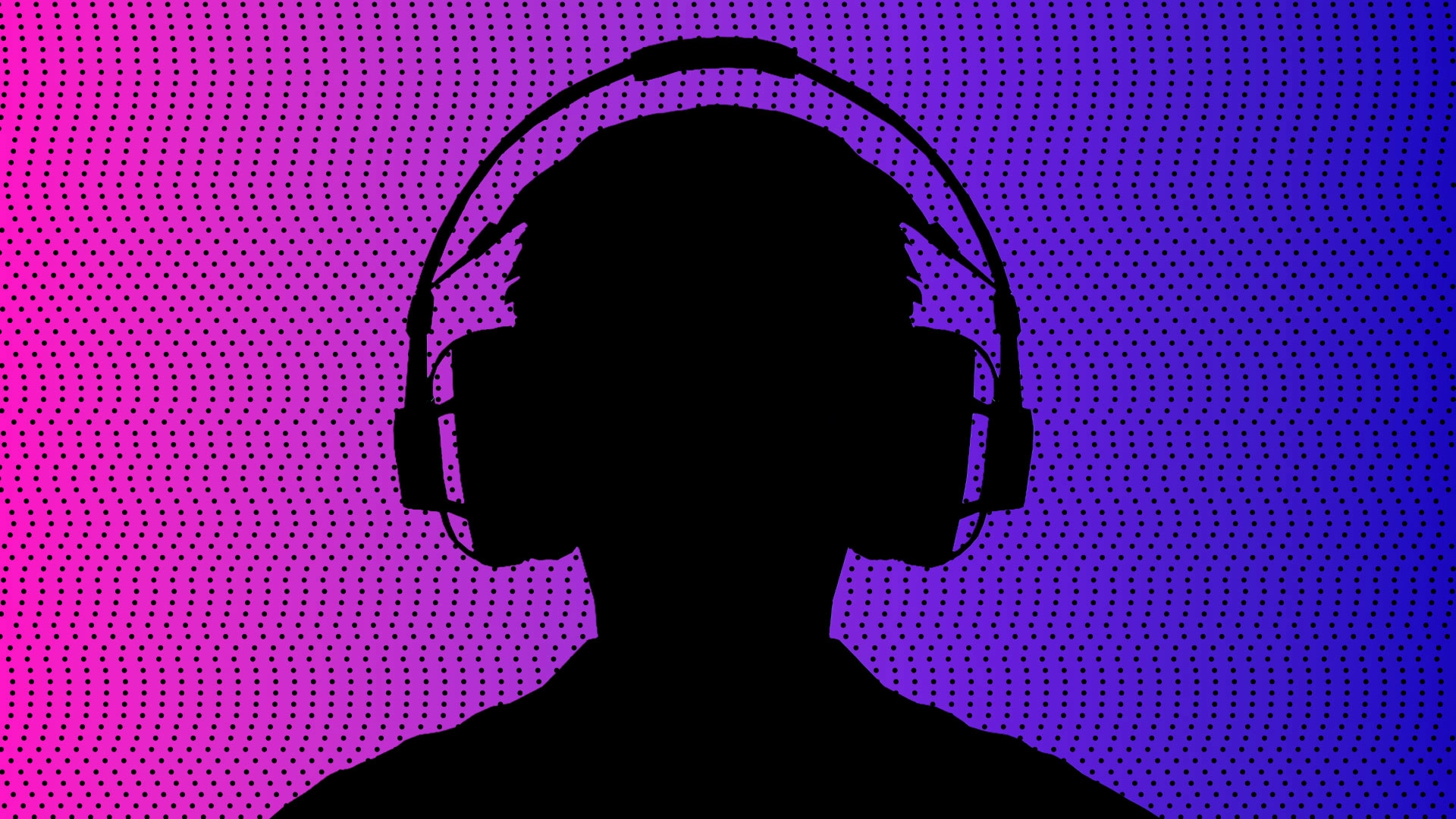
"The workers spent a little over half an hour relaxing in a zero-gravity chair with their eyes closed as closed-loop, acoustic neuromodulation technology translated their brainwaves into personalized tones in real time, the idea being that the echoed tones interact with the brain to balance and quiet itself and release stress patterns. When researchers measured the results after six-to-eight weeks, they found the participants reported meaningful reductions in stress, anxiety, and insomnia, as well as significant reductions in fatigue and depression, and improved subjective cognition."
"These results suggest that closed-loop acoustic neuromodulation is a safe, scalable, and effective option to complement organizational strategies for supporting healthcare worker brain health and well-being, said Charles H. Tegeler, M.D., professor of neurology at Wake Forest University School of Medicine and principal investigator of the study. We are eager to identify ways to broadly offer the intervention to teammates across our health system and beyond."
"Spending just 36 minutes listening to your own brain waves, over four sessions, can reduce stress and anxiety, according to a new study by neuroscientists at the Wake Forest University School of Medicine. Published in the journal Global Advances in Integrative Medicine and Health, the study looked at how to reduce stress-related symptoms in 144 healthcare workers with moderate-to-high levels of perceived stress."
One hundred forty-four healthcare workers with moderate-to-high perceived stress were assigned to either four sessions of a sound-based relaxation intervention over two weeks or a waitlist control. Sessions lasted a little over half an hour and involved relaxing in a zero-gravity chair while closed-loop acoustic neuromodulation translated each participant’s brainwaves into personalized tones in real time. The echoed tones were intended to interact with the brain to balance and quiet itself and release stress patterns. Outcomes assessed at six to eight weeks included stress, anxiety, insomnia, fatigue, depression, and subjective cognition. Participants reported meaningful reductions in stress, anxiety, and insomnia, significant decreases in fatigue and depression, and improved subjective cognition. The intervention used fewer, shorter sessions and included participants regardless of medication or substance use, increasing practicality and accessibility.
Read at Fast Company
Unable to calculate read time
Collection
[
|
...
]